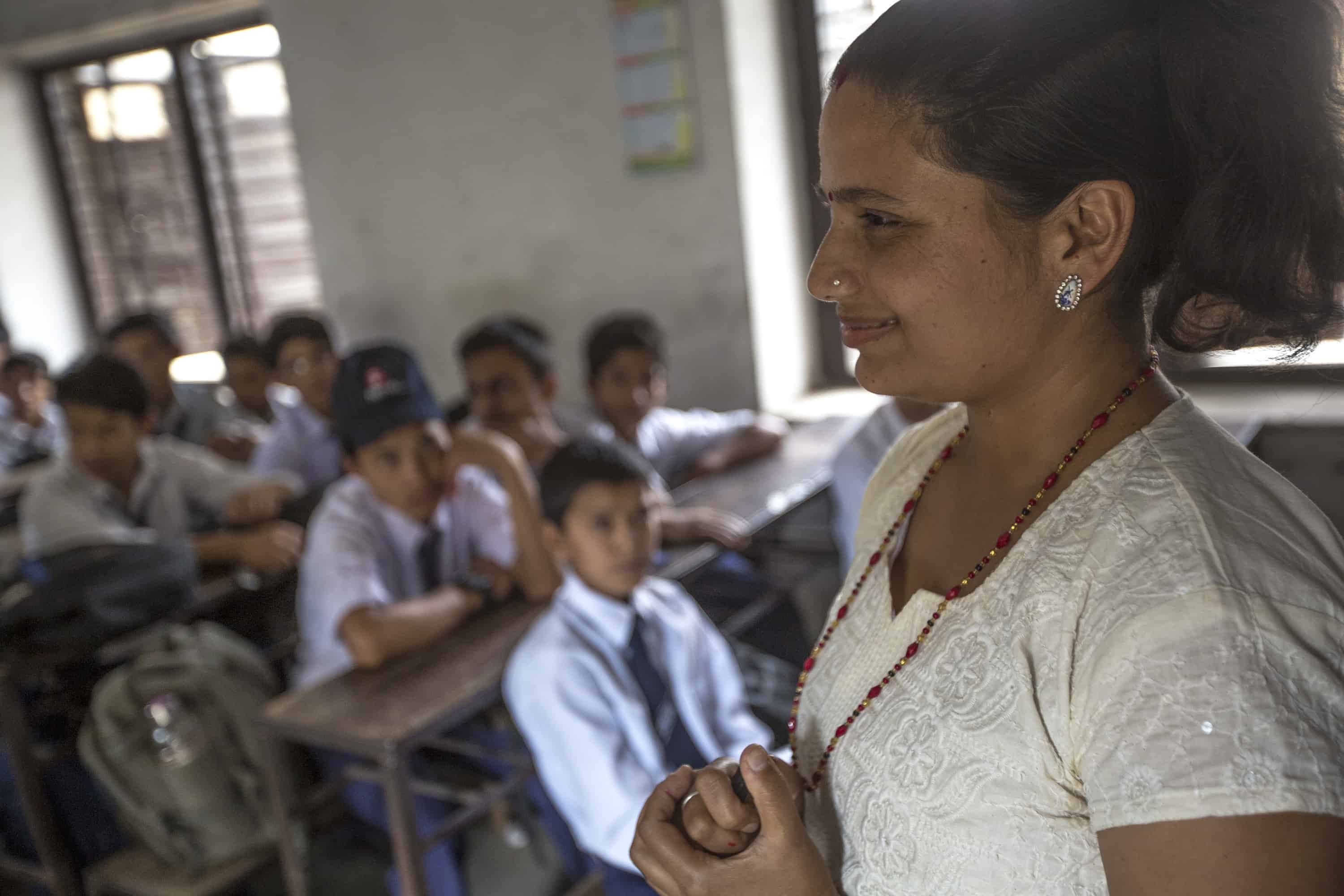^ Watch our Facebook LIVE interview with Alanna Wallace of Planeterra!
Today, March 8, is International Women’s Day – a day dedicated to acknowledging the social, economic, cultural and political achievements of women and bringing attention to the challenges women continue to face in the quest for gender equality.
One organization focusing on supporting women across the globe is the Planeterra Foundation, a non-profit with a mission to improve people’s lives by creating and supporting social enterprises that bring underserved communities into the tourism value chain. Planeterra partners with the tourism industry to stretch its market capital – to benefit and build human capital worldwide, with a particular emphasis on women.
"For many years, tourism has been used as a tool for poverty alleviation and community development all over the world," Adrienne Lee, director of development for Planeterra told Canadian Traveller. "It is one of the world’s greatest economic drivers, creating one out of every 12 jobs globally and making up approximately 10 per cent of the world’s GDP."
"Tourism, when done responsibly, can also be used to steward effective resource management and environmental protection," she added. "Tourism can celebrate cultures, build diversity and conserve heritage, and can also foster a space to open minds and create a mutual understanding and respect globally. And this can make all the difference in the lives of women and their communities."
And why is this important? Here are some insights from Lee:

Sri Lanka / Kandy Sthree Craft Shop and Cafe
One of the key influences that tourism has on the world is the ability to break down gender gaps and empower a worldwide female workforce. All too often, women are marginalized in society. They are expected to take on a heavier burden to maintain and support a family household and girls are often the first to lose out on education, training and resource opportunities. Tourism creates a platform for women to access capacity and vocational training for those that may not have benefitted from a formal education growing up, and these skills can be converted into meaningful jobs.

Morocco / Meknes Women's Lunch
Meaningful jobs enhance income. Tourism has the potential to be the first step into the formal economy for women who come from underserved communities, so creating dignified and engaging livelihoods also enhances income and independence for women. Women who earn an income create opportunities for themselves; they have greater agency and freedom to determine how money is spent. This strengthens decision-making power and builds self-esteem.

Peru / The Ccaccaccollo Women’s Weaving Workshop
And how does Planeterra help women, specifically?
One example is Planeterra’s first women-led program in Peru: the Ccaccaccollo Women’s Weaving Workshop, which is now entering its 12th year of partnership with Planeterra. “Over the past decade, we’ve observed these women’s lives change,” Lee says. “We’ve also had the fortunate opportunity to watch the lives of their children advance and grow as well. The members that have been with us since the beginning are the first generation from this community to see all their children attend university.”

Tanzania / Maasai Stoves & Solar Project
Then take the Maasai Stoves & Solar Project in Tanzania, which is utilizing tourism daily to support and install life-saving clean cookstoves across the Rift Valley. The female stove engineers share with G Adventures travellers the mechanics of clean cookstoves, and what their homes would be like with and without this locally-engineered technology. “More than four million people die prematurely from indoor air pollution caused by cooking with non-efficient stoves each year, and disproportionally, 60 per cent of those are women and girls,” Lee explains. “This female clean cook-stove team, through tourism, are helping to change that.”

India / Women on Wheels
The list goes on, but we also love the work Planeterra is doing in India. The Azad Foundation and the Women on Wheels program have been training women from resource-poor regions of Delhi to take on non-traditional livelihoods in the form of professional chauffeurs. “Planeterra connected this program to the tourism industry, and G Adventures now makes up more than half of their customer base,” Lee says. “In many instances, women that have been employed through this training program have become the primary breadwinners in their household. Engaging with international travellers daily is building up their language skills and breaking down cultural barriers in a traditionally patriarchal society.”

Belize / San Ignacio Women's Pottery Co-Op Workshop
So, what can travellers do while abroad to support women in the communities they visit? Lee offers a few ideas:
- Seek-out female-run and owned-businesses. Do your research ahead of time to see if there are social enterprises that are supporting female job-creation, or fostering support for families.
- Prior to travelling, seeing if there are local women’s groups that are promoting female-led tours.
- When shopping or visiting a market, support enterprises and market stalls that are being run by a woman; supporting a female entrepreneur has the ripple effects of supporting her family’s needs as well.
"On today's International Women's Day, it's time to celebrate where we have come, and remember how far we still must go," Lee said. "According to UN Women, if men and women played identical roles in labour markets, as much as 28 trillion or 26 per cent could be added to the global annual GDP by 2025. That's a lot of change and movement, for everyone."
Related content on Canadian Traveller:


